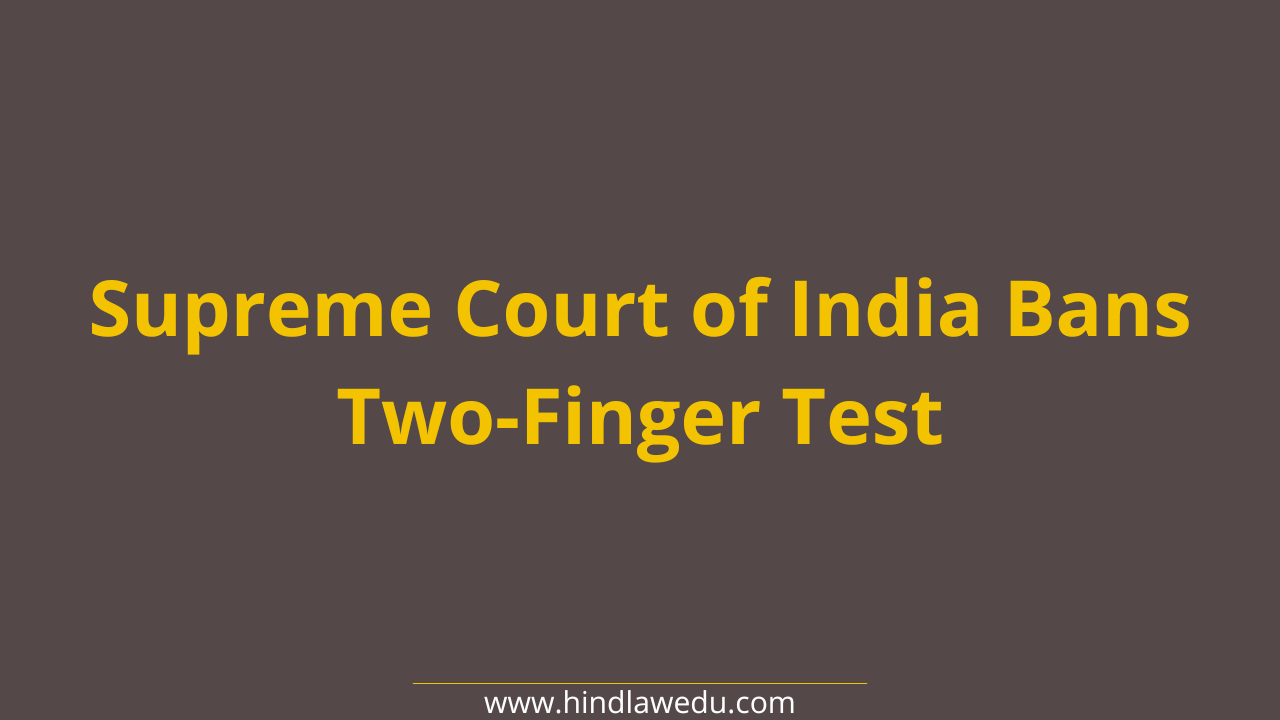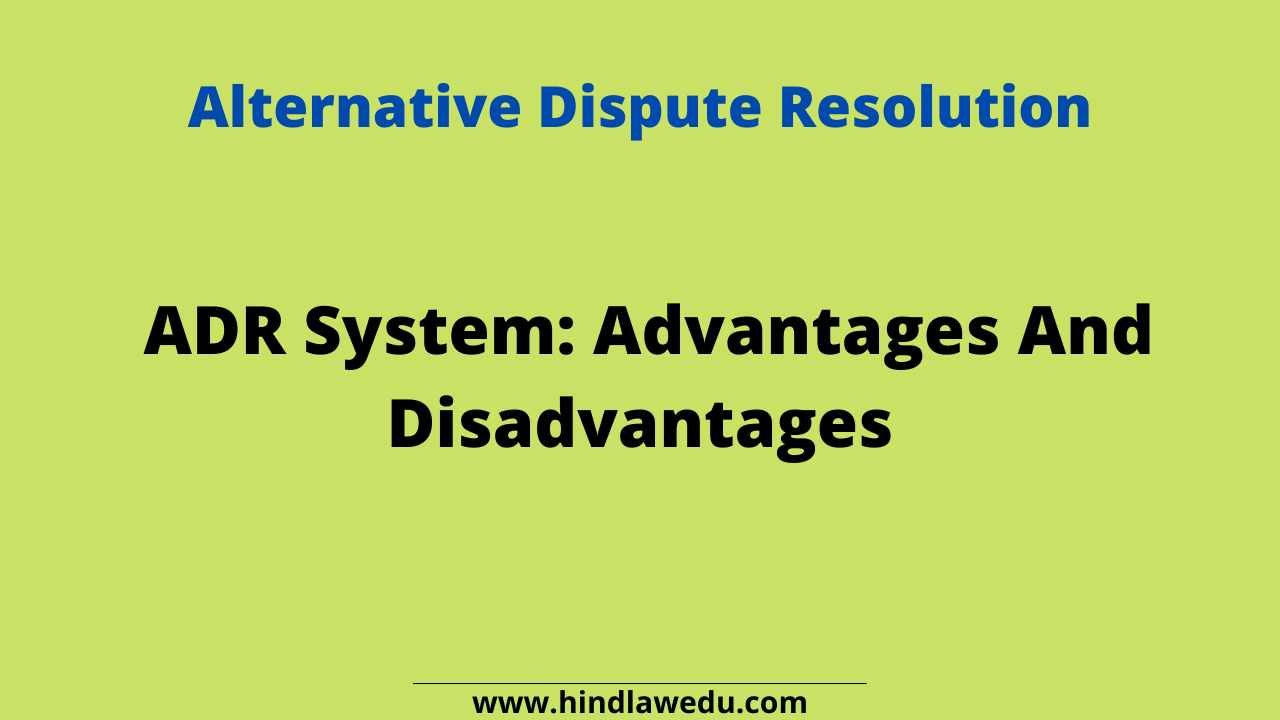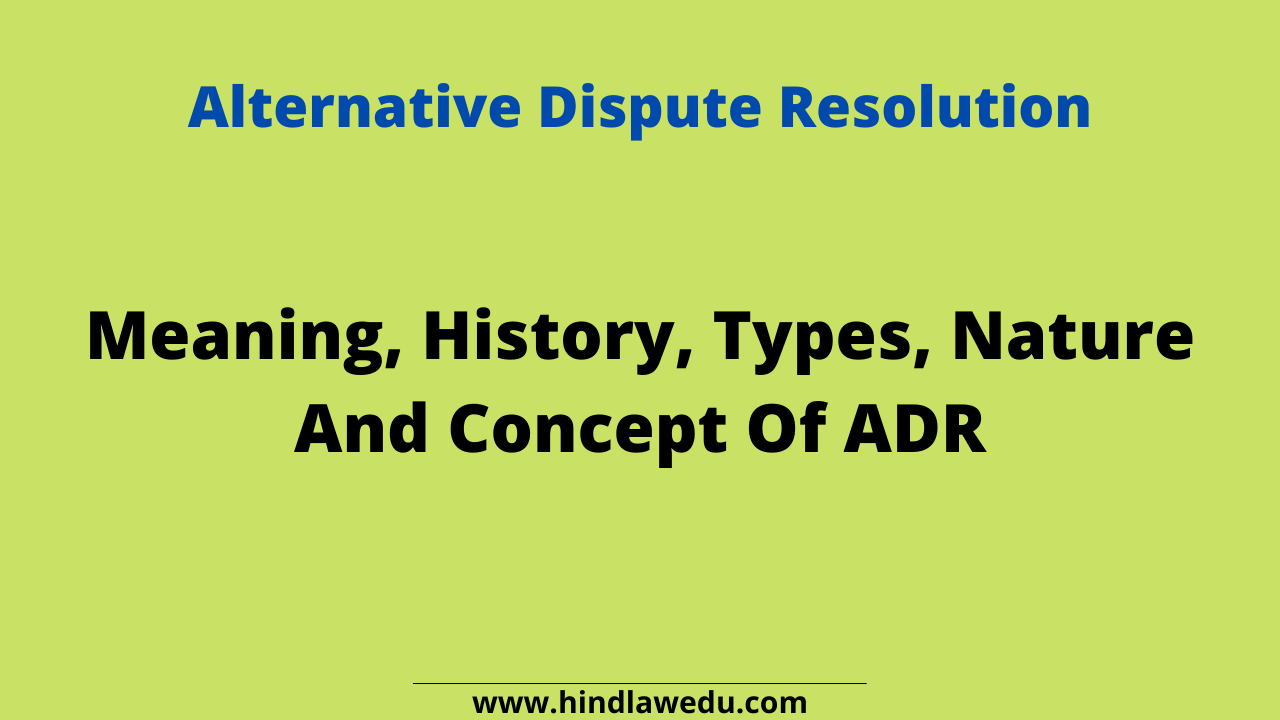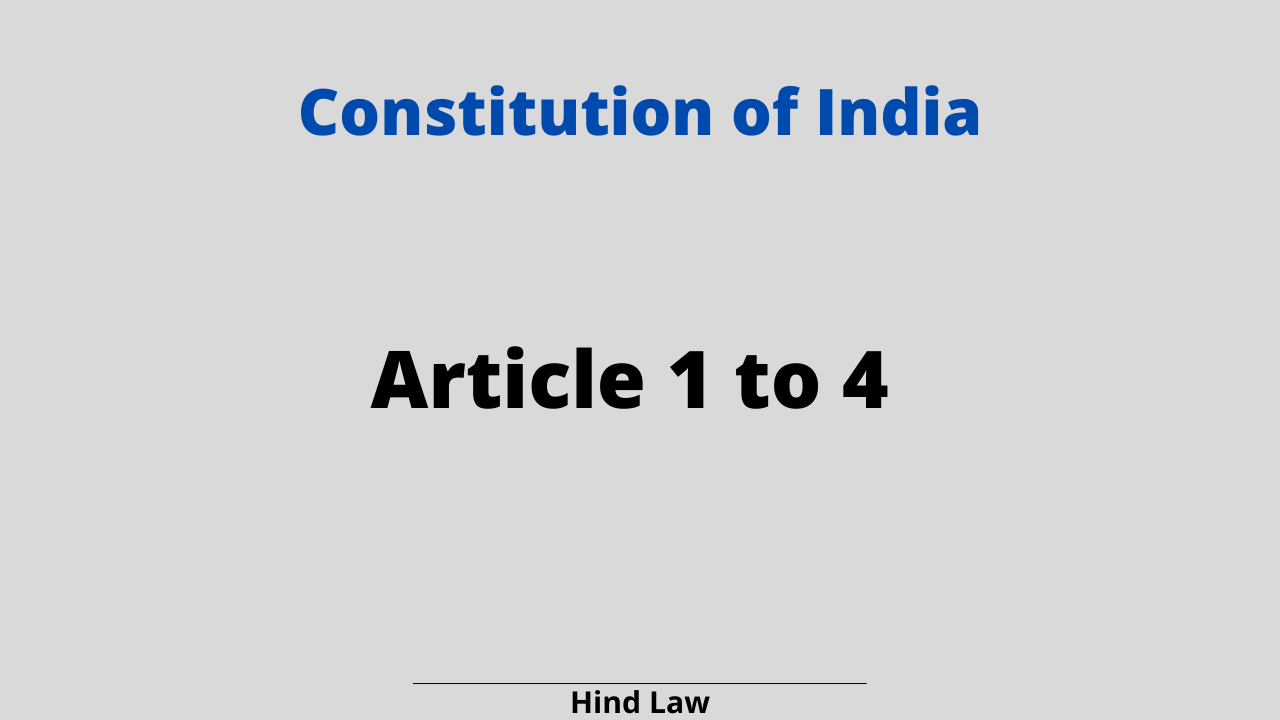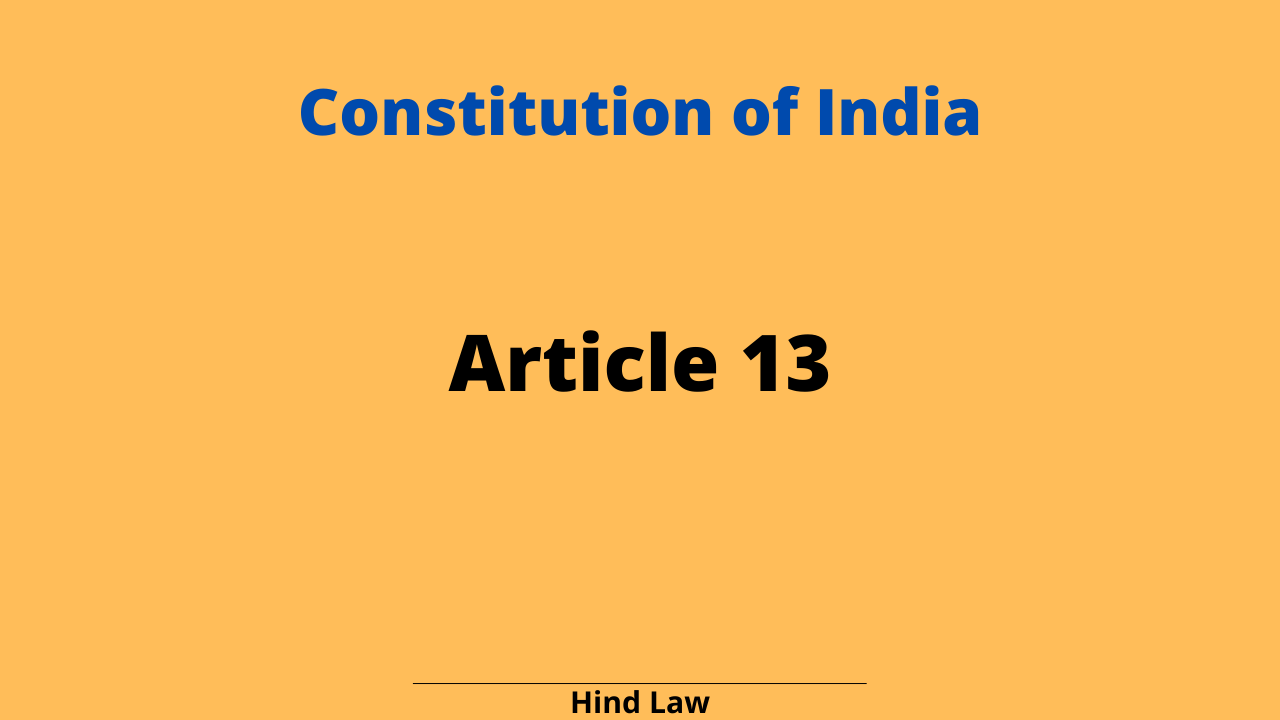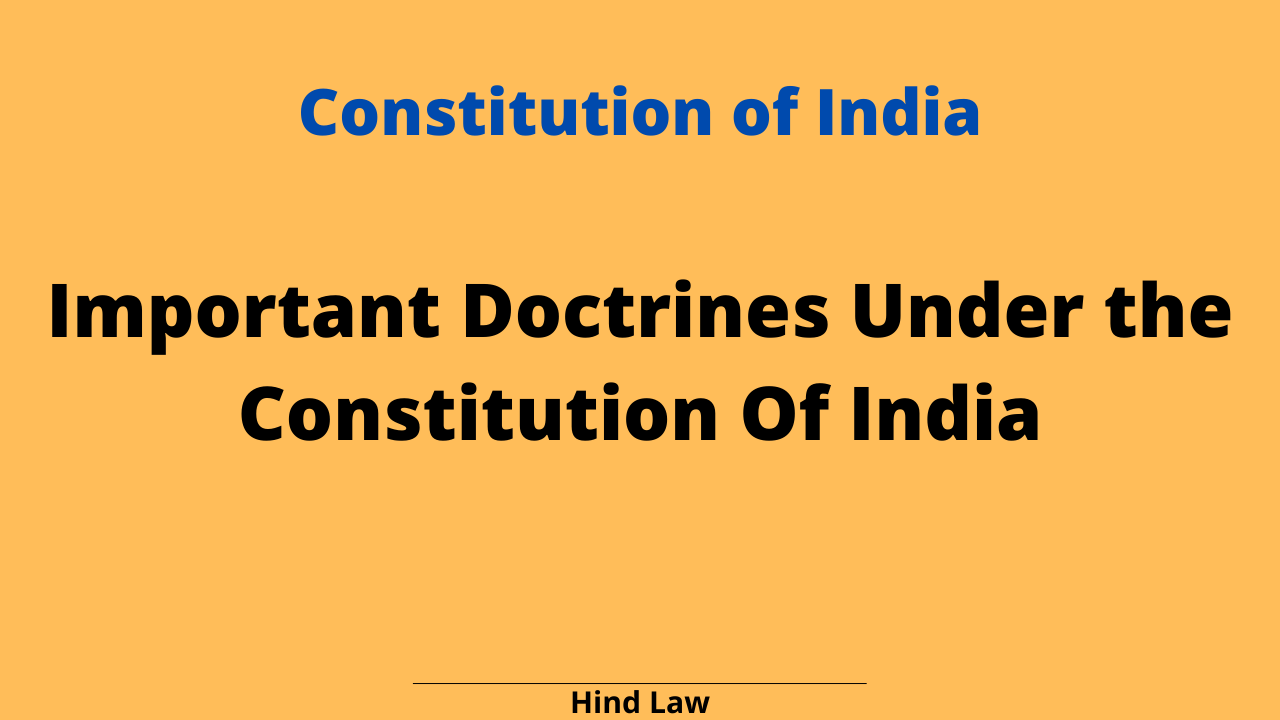Arbitration: Meaning, History, Kinds and Advantages
Meaning Arbitration is a process or mechanism by which the parties to a dispute get the matter settled through the intervention of an agreed third party called an arbitrator. It is a procedure in which a dispute is submitted, by agreement of the parties, to one or more arbitrators who make a binding decision on…
Read More “Arbitration: Meaning, History, Kinds and Advantages” »



